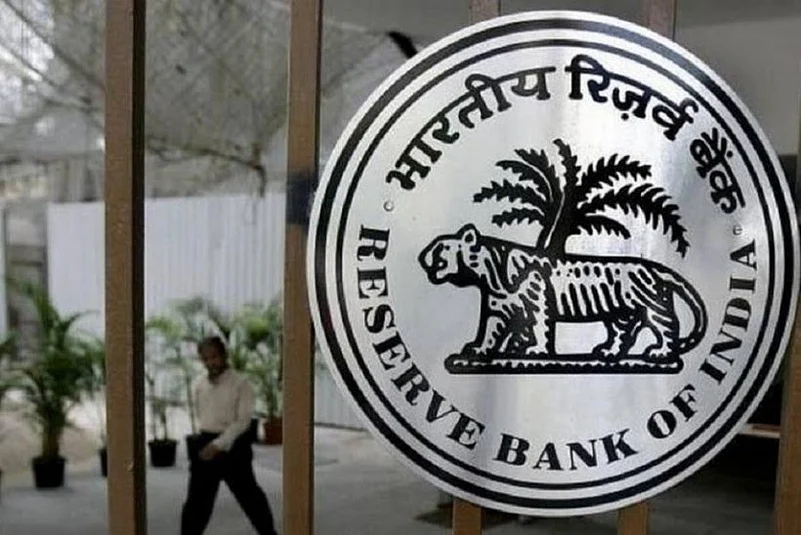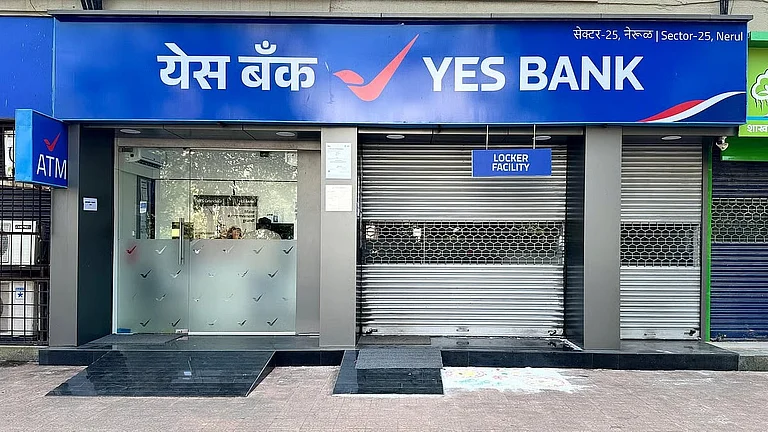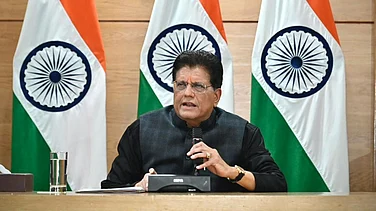In a bid deepen the bond market, Reserve Bank of India on Wednesday issued guidelines for lending and borrowing in government securities.
A well-functioning market for securities lending and borrowing will add depth and liquidity to the Government Securities (G-Sec) market, aiding efficient price discovery.
In February, the central bank had come out with the draft RBI (Government Securities Lending) Directions, 2023 and based on the comments received on the draft, the directions have been finalised, according to a notification.
G-Secs issued by the central government, excluding Treasury Bills, would be eligible for lending/borrowing under a Government Security Lending (GSL) transaction.
The securities obtained under a repo transaction, including through RBI's Liquidity Adjustment Facility or borrowed under another GSL transaction would also be eligible to be lent under a GSL transaction, as per the notification.
Further, it said that G-Secs, including T-Bills and state government bonds, would be eligible for placing as collateral under a GSL transaction.
As regards maturity, RBI said the minimum tenor of a GSL transaction would be one day and the maximum would be the maximum period prescribed to cover short sales.
The lending and borrowing of G-Secs are expected to augment the existing market for 'special repos'.
The system is expected to facilitate wider participation in the securities lending market by providing investors an avenue to deploy idle securities and enhance portfolio returns.


























.jpg?w=200&auto=format%2Ccompress&fit=max)




